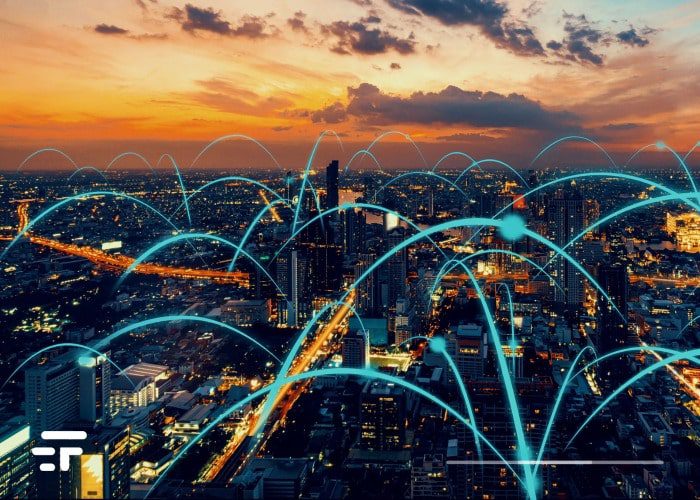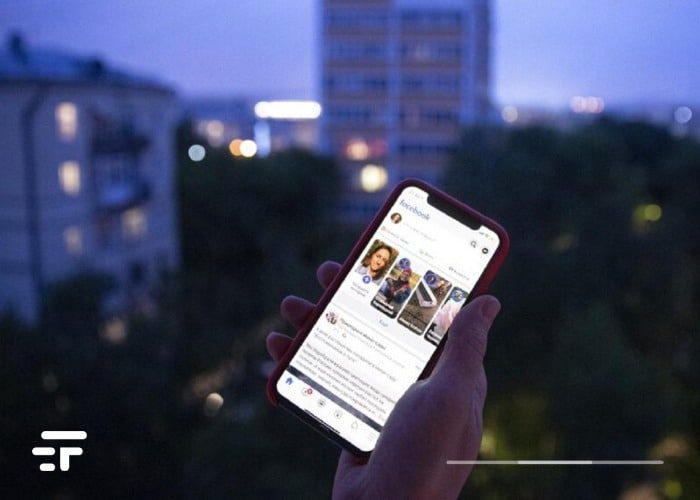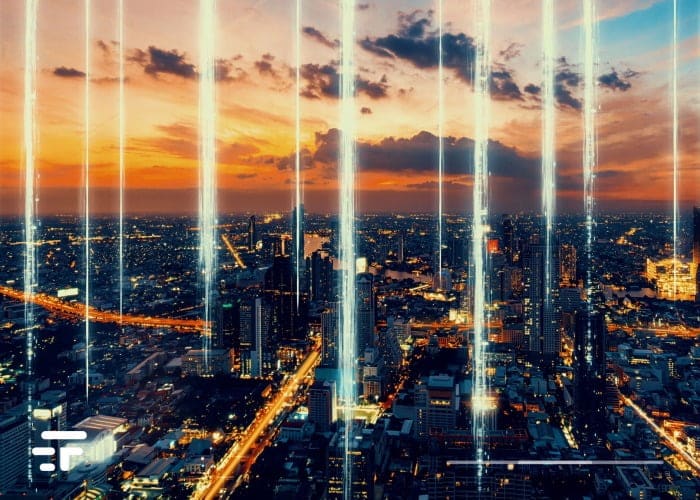There is a war in Ukraine, we all know it and there is no need to write much else: an ongoing conflict since 2014, which has exploded dramatically in recent weeks, apparently with no way out. Tens of thousands dead, millions displaced, difficult solution. A conflict that continues despite attempts (real or presumed) to negotiate to respect everyone's needs, and initiatives for Peace.
In any case, it is striking to see that history never repeats itself but rhymes: in the military propaganda spread by the media, in the new and old censorships, and in the involvement of several actors in the theater of war. Among them, the big tech companies, or Big Tech.
Big Technological as new States

On this issue it is interesting to observe the role of Big Tech in this bloody war. Following a trend that is no longer in an embryonic state, the giants of world technology do not limit themselves to supplying instruments to the belligerents (or pacifists): they take an active part.
Over the years, these companies have achieved a virtual monopoly by presenting themselves as impartial platforms that value free expression. At the same time, however, in order to grow they conformed to local pressures to remove or limit certain information. They were even able to gain access into Russia, which fought to keep Western media out for decades during the Soviet era.
Even then Big Tech played a role: Russia, for example, has repeatedly asked Facebook and Twitter to remove posts encouraging anti-government protests, or asked Apple and Google to remove apps intended to help opposition politicians. And in several cases the companies agreed. It also happened with several electoral rounds in the West (USA above all), with the whole load of accusations that companies like Twitter o Meta have received on the manipulation of data and election results. The phenomenon then continued with a "repentance" that produced other imbalances (thousands of censored accounts, the expulsion of presidential candidates from the platforms).
Now, those same companies find themselves embroiled in a new conflict, with higher stakes and enormous capabilities: from those of constituting a strategic advantage for a nation to those of completely orienting the narrative of the conflict (and therefore public opinion ). Are they at the service of peace, or aligned like a state at war?
The interference makes Big Tech more of a “transnational nation” than a group of companies.

When Google, two days ago, has “turned off” its map service in Ukraine after consulting with Ukrainian officials, effectively placed itself alongside one nation in defense against another nation. Making a strategic choice in a theater of war! Be careful, it is not important at this moment to evaluate the merit of the choice, but its importance.
Ditto for Youtube, which at the request of Ukraine, blocked Russia Today channels in the country. Same thing for Microsoft, who has removed the apps from it, and who makes statements as if it were a nation, informing the Ukrainian government and reasoning about the legitimacy or illegitimacy of Russian aggression. Or even for Starlink, used by Elon Musk to provide satellite internet connectivity to the Ukrainian army. Same goes for WhatsApp, which has activated a helpline in collaboration with the Ukrainian emergency forces. Added to these are even streaming content operators such as Netflix, which in this case (first time for companies of this type) they also blocked official state channels from other countries.
In other words, American companies (and others) are taking sides in geopolitical conflicts. And this is another sign of a process which we will see develop massively over the next few decades.
As Big Tech's role in Ukraine's war becomes more apparent, it is clear that these companies are no longer impartial platforms. They are taking sides in this conflict, and they are acting as transnational nations. This could be a sign of things to come, as Big Tech continues to grow in power and influence. In the long term, in the future the world could see these companies become real superpowers (even with their own territories, with their own currencies, with their own 'citizens', with their own 'armies') with even greater control over information and communication.


